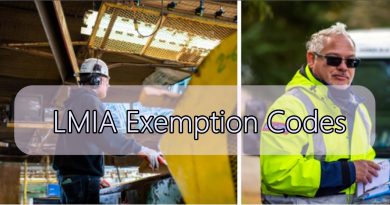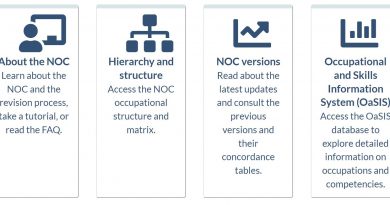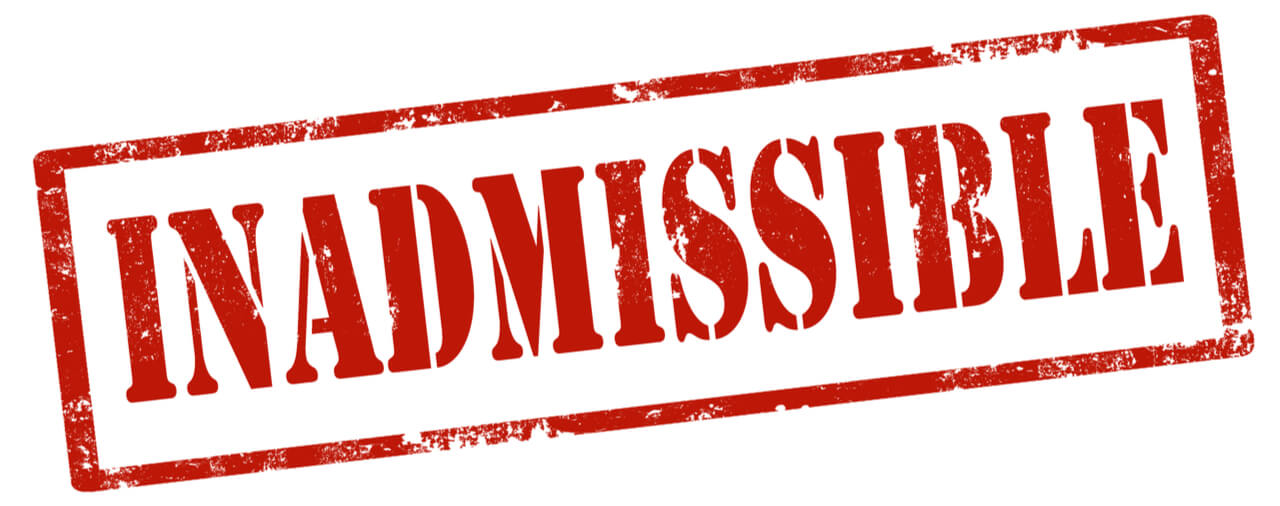Guide 5069 – Temporary Public Policy: Temporary Resident to Permanent Resident Pathway (TR to PR)
Outside Canada, each country has different authorities to certify documents. A notary public may be able to certify your documents, but you should check with your local authorities to be sure.
You and your family members cannot certify copies of your documents. In this case, family member means your:
- parent
- guardian
- sibling
- spouse
- common-law partner
- conjugal partner
- grandparent
- child
- aunt
- uncle
- niece
- nephew
- first cousin
Find out if your translator is certified
A certified translator is a member in good standing of a professional translation association in Canada or abroad. Their certification must be confirmed by a seal or stamp that shows the translator’s membership number.
A translator in the process of receiving their certification or accreditation is not considered a certified translator for IRCC’s purposes.
What is an affidavit
An affidavit for a translation is a document that states the translation is an accurate version of the original text.
The translator swears in front of a commissioner, who is authorized to administer oaths in the country where they live, that their translation of the original document is accurate. The commissioner or notary public must be proficient in English or French in order to administer the oath.
Who can take an affidavit
In Canada, an affidavit can be taken by a
- notary public
- commissioner of oaths
- commissioner of taking affidavits
Outside Canada, an affidavit can be taken by a notary public or equivalent.
Who can’t take an affidavit
Affidavits must not be taken by
- the applicant themselves
- any member of the applicant’s family, even if they’re a lawyer, notary or authorized translator, including
- parents
- guardians
- siblings
- spouses
- common-law partners
- conjugal partners
- grandparents
- children
- aunts or uncles
- nieces or nephews
- first cousins
Step 2. Complete the Application
Filling out the application
Follow the step-by-step instructions below to complete the application forms.
The following are the forms that must be filled out and submitted using the dedicated intake portal
For the applicant (and dependents, if applicable):
- Generic Application Form for Canada [IMM 0008] (PDF, 0.6 MB)
- Additional Dependants/Declaration [IMM 0008 DEP] (PDF, 0.4 MB), if applicable
- Schedule A – Background/Declaration [IMM 5669] (PDF, 1.5 MB)
- Additional Family Information [IMM 5406] (PDF, 2.3 MB)
- Schedule 3 – Temporary Resident to Permanent Resident Pathway: Streams A & B and International Graduates [IMM 0130] (PDF, 1.20 MB)
We updated the Schedule 3 form (IMM 0130). The form can now be saved.
- Supplementary Information – Your travels [IMM 5562] (PDF, 1.5 MB)
- Separation Declaration for Minors Travelling to Canada [IMM 5604] (PDF, 1.6 MB), if applicable
- Statutory Declaration of Common-law Union [IMM 5409] (PDF, 0.8 MB), if applicable
- Use of a Representative [IMM 5476] (PDF, 1.5 MB), if applicable
The following are supporting documents that must be submitted using the dedicated intake portal
For the applicant (and dependents, if applicable):
- Copy of the biographical data page of a passport or travel document
- Identity and Civil Status Documents
- Children’s information (if applicable)
- Immigration Medical Exams (IME)
- Police certificates and clearances
- Photos
- Fees
Important information: It is a serious offence to give false or misleading information on these forms. The information you provide on your application may be subject to verification.
Copy of the biographical data page of a passport or travel document
Copy of the pages of your passport or travel documents for you, your spouse or common-law partner and your dependent children, showing:
- the passport number
- date of issue and expiry
- the photo, name, date and place of birth, and
- pages showing any amendments in name, date of birth, expiration, etc
You must hold a valid regular passport. Diplomatic, official, service or public affairs passports are not valid for immigration to Canada.
If your dependents live in a country other than their country of nationality, include a photocopy of their visa for the country in which they are currently living.
Identity and Civil Status Documents
You must provide the following documents for you and your spouse or common-law partner:
- Legal documents showing name or date of birth changes (if applicable)
- Marriage certificate(s), final divorce or annulment certificate(s). If married more than once, include certificates from each marriage and divorce or annulment you, your spouse or common-law partner have had
- Death certificate for former spouse(s) or common-law partner(s) (if applicable)
- National IDs, family/household registry/book (if applicable)
- If you have a common-law partner, complete and include the Statutory Declaration of Common-law Union [IMM 5409] (PDF, 0.8 MB) and provide evidence that you have cohabitated with your partner for a period of at least 12 continuous months. Provide the following documents listing both your names, for example:
- copies of joint bank account statements
- copies of leases, or
- utility bills
Children’s Information (if applicable)
Submit the following information
- Children’s birth certificates (which name their parents)
- Adoption papers issued by recognized national authorities showing the legal, approved adoption of adopted dependent children
- Proof of full custody for children under the age of 18 and proof that the children may be removed from the jurisdiction of the court;
- If the other parent of your children is not accompanying you to Canada, you must submit a signed Separation Declaration for Minors Travelling to Canada [IMM 5604] (PDF, 1.6 MB). You must submit one form for each child and a copy of the non-accompanying parent’s photo ID showing their signature.
Immigration Medical Exams (IME)
An immigration medical exam (IME) from a panel physician is required as part of your permanent residence application. Your family members must also have one, even if they aren’t coming with you.
Panel physician: A medical doctor appointed by IRCC to perform immigration medical examinations.





